The last US elections on November 5 involved multiple layers of voting, which held on the same day, including federal elections (president, Senate and House of Representatives), state elections (governors, state legislatures, and local offices) and ballot initiatives and referendums. Apart from the results, the other globally significant outcome was efficiency, speed of results and credibility.
In Nigeria, the practice is to conduct presidential and national assembly elections on the same day and those of state governors and state assemblies on another day. The Independent National Electoral Commission (INEC) typically focuses on the logistics of elections as reason for the current arrangement in the schedule of elections.
Join our WhatsApp ChannelPros and Cons
Some analysts argue that spacing out elections reduces voter fatigue and can increase turnout, especially in remote areas. Kabir Adamu, a security risk management analyst, believes that holding elections on different days can help mitigate tensions and violence that often accompany election results. According to Adamu, separating the election days reduces the potential for unrest among competing parties.
In addition, having the executive elections (presidential and governorship) on one date, and the parliamentary elections (national and state assemblies) on another date will also enhance logistical efficiency. This is against the practice of dividing the elections based on federal (presidential and national assembly) and state elections (governorship and state assemblies). Such analysts believe that holding elections for executive posts on the same day will boost management of electoral resources, and also help voters to focus on uniform governance levels at a time (executive or legislature), leading to more informed choices.
READ ALSO: US Election 2024: A Tug Of Fate For Nigeria’s Economy As Naira, Markets Hold Breath
On the other hand, holding elections on different days prolongs political tension, with a high risk of a bandwagon effect, where earlier results influence subsequent voting behaviour. As seen in the 2023 elections, the first phase of the federal elections faced allegations of widespread rigging, resulting in voter fatigue and apathy. This always leads to decreased turnout for the second round. The gap between elections could provide opportunities for manipulation. An incumbent president who fails a second term bid or fails to perform as desired in some states may seek a revenge on a given state during governorship and state assembly elections.
This situation is worse for local government elections widely seen as the preserve of state governors, who always install stooges at all levels. In Nigeria, there is the noxious practice of having the governor’s political party sweep all positions from the chairman to the last councilor. The poor state of grassroots governance in Nigeria is majorly a direct result of the system of elections therein.
Professor Tunde Adeniran, a former Minister of Education, described the manipulation of council elections as “a disaster,” adding that, “this trend underscores the need for a total resetting of the political process.” Anthony Sani, former Secretary General of the Arewa Consultative Forum, argued that state electoral commissions have been manipulated by governors to undermine democracy at the local government level. In addition, holding elections on different dates strains electoral bodies and security forces, and disrupts governance as politicians focus on extended campaigning periods.
Changing the Status Quo
Section 132 of the Nigerian Constitution gives INEC authority to decide election dates. Sections 76(2), 116(2), 178(2) which govern legislative and gubernatorial elections also provide INEC with the authority to set dates within specified timeframes. Similarly, the Electoral Act 2022 allows flexibility in scheduling while adhering to constitutional timelines. Section 15, Part 1 of the Third Schedule of the 1999 Constitution and the Electoral Act of 2022 mandate INEC to conduct free, fair, and credible elections. It is then obvious that the aforementioned framework gives INEC the autonomy to adjust election dates as necessary, provided they comply with the established legal parameters of conducting election earlier than 60 days and not later than 30 days before the expiration of incumbent administration.
READ ALSO: Nigeria Should Learn From U.S. Elections To Strengthen Democratic Process – Obi
INEC must however prioritize electoral credibility, cost reduction and logistical efficiency. Holding elections in one day or in a 100 days does not guarantee any of these. Only the will and actual effort to do right guarantee it. Some believe that INEC could consider conducting all executive arm elections in one day and all legislative elections (federal and state) in another day rather than presidential and National Assembly together and later governorship and State assembly together. It is believed that this may help to forestall electoral manipulations to some extent. Even local elections can be considered along federal and state elections along the lines of executive and legislative on different days. That is, local government chairmanship elections will hold alongside president and governorship, while councillorship will hold alongside legislative elections at the federal and state levels.
Jackson Ojo, a political analyst, once stated that “what we are seeing these days is actually an abnormality and lawlessness,” and “the way out of this quagmire is to expunge state electoral commissions from the Constitution and allow INEC to conduct all elections on the same day. That way, democracy will be practiced at the local government level.” In addition, allowing early voting, as is done in the US, may reduce the logistical requirements and pressures of an election day.
Beyond Authority
Given the public’s diminished trust in INEC following the 2023 general elections, considering a change in election methods could help rebuild confidence in the commission. INEC should consider reforms that prioritize transparency, efficiency, and integrity over cost-cutting. Reconsidering the timing and sequencing of elections could potentially reduce opportunities for manipulation while improving the real-time transmission of results using the IREV portal and enhancing the security and functionality of the BVAS system.
If INEC decides to conduct all elections on the same day or legislative and executive arm separately instead of National and State separately, several key areas would need improvement to ensure a smooth process. Logistics would require enhanced capacity for managing simultaneous elections, efficient ballot production and distribution, and robust security measures. Voter education campaigns must inform citizens about the new voting process and the importance of participating in all elections. Also training for electoral staff should be comprehensive, and technology infrastructure must be upgraded to handle increased data processing. Clear ballot designs and effective polling station management are essential, along with necessary legal adjustments and increased resource allocation to support these changes.
Dr Mbamalu is a Jefferson Fellow, Member Nigerian Guild of Editors (NGE), renowned publisher and communications/Media consultant
Contact: +234 809 400 0017, Marcelmbamalu2@gmail.com
Dr. Marcel Mbamalu is a communication scholar, journalist and entrepreneur. He holds a Ph.D in Mass Communication from the University of Nigeria, Nsukka and is the Chief Executive Officer Newstide Publications, the publishers of Prime Business Africa.
A seasoned journalist, he horned his journalism skills at The Guardian Newspaper, rising to the position of News Editor at the flagship of the Nigerian press. He has garnered multidisciplinary experience in marketing communication, public relations and media research, helping clients to deliver bespoke campaigns within Nigeria and across Africa.
He has built an expansive network in the media and has served as a media trainer for World Health Organisation (WHO) at various times in Northeast Nigeria. He has attended numerous media trainings, including the Bloomberg Financial Journalism Training and Reuters/AfDB training on Effective Coverage of Infrastructural Development of Africa.
A versatile media expert, he won the Jefferson Fellowship in 2023 as the sole Africa representative on the program. Dr Mbamalu was part of a global media team that covered the 2020 United State’s Presidential election. As Africa's sole representative in the 2023 Jefferson Fellowships, Dr Mbamalu was selected to tour the United States and Asia (Japan and Hong Kong) as part of a 12-man global team of journalists on a travel grant to report on inclusion, income gaps and migration issues between the US and Asia.

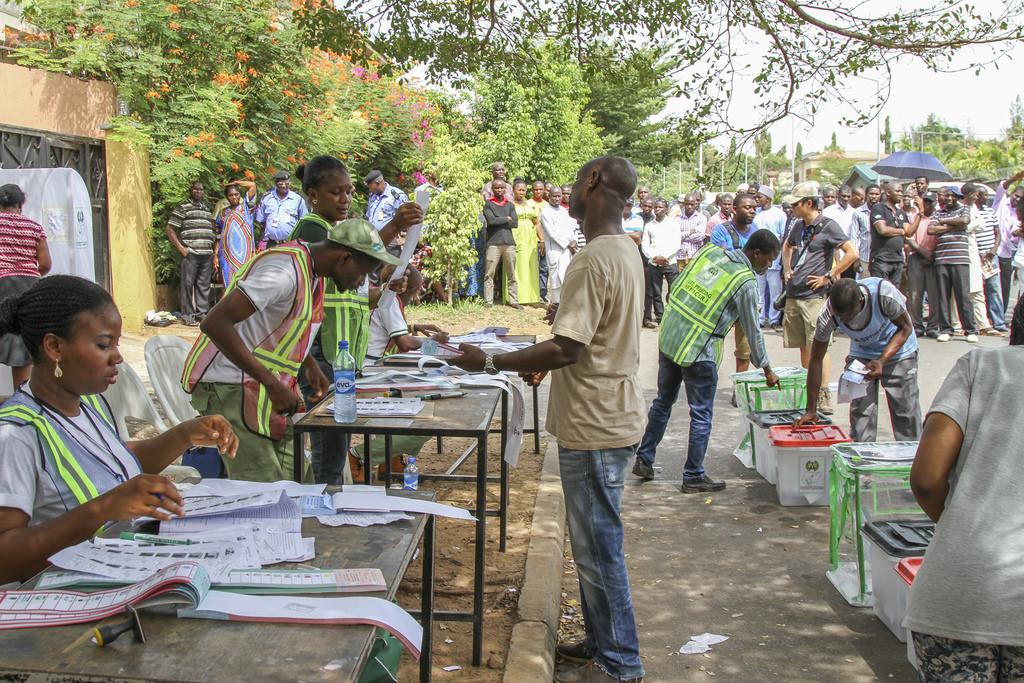



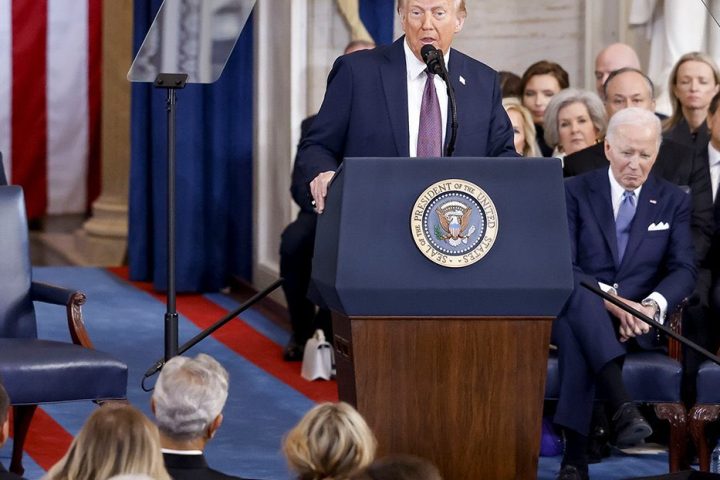

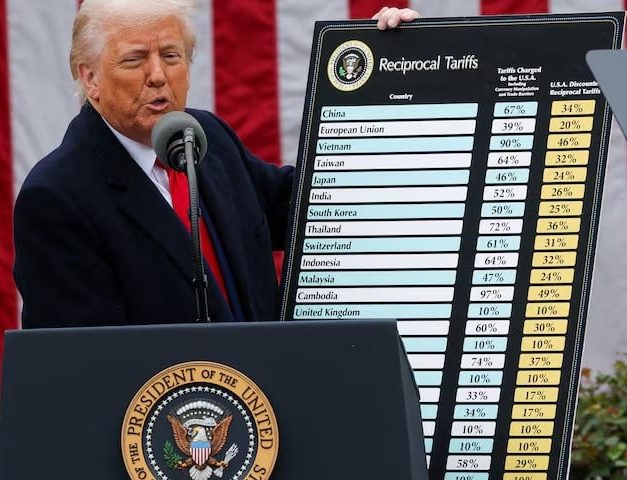





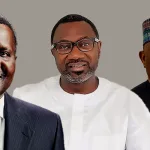

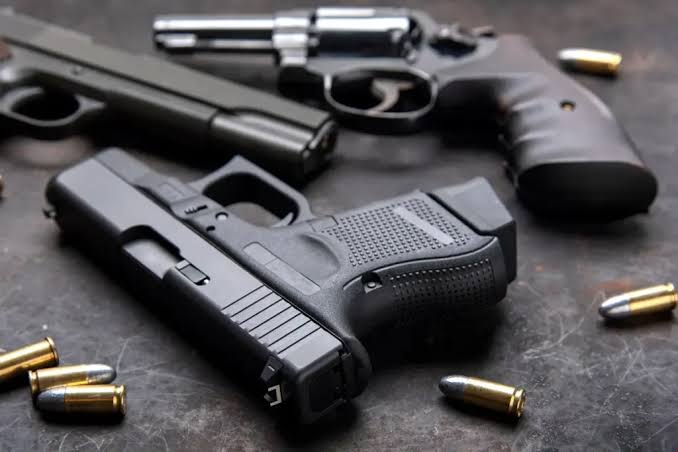
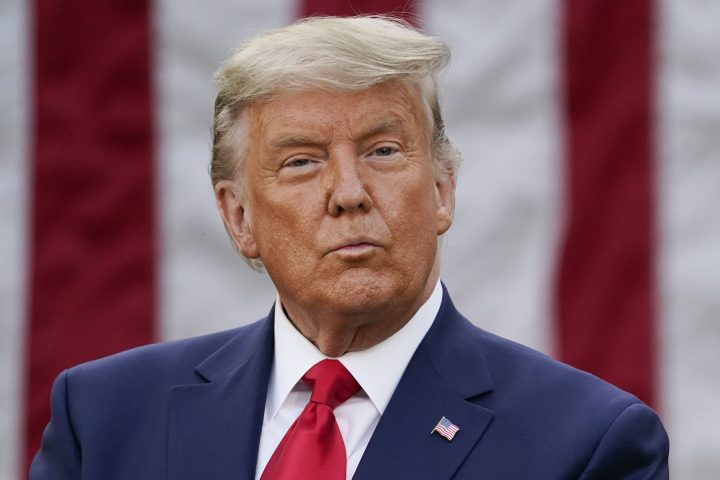
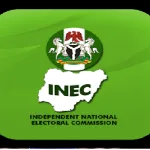
Follow Us